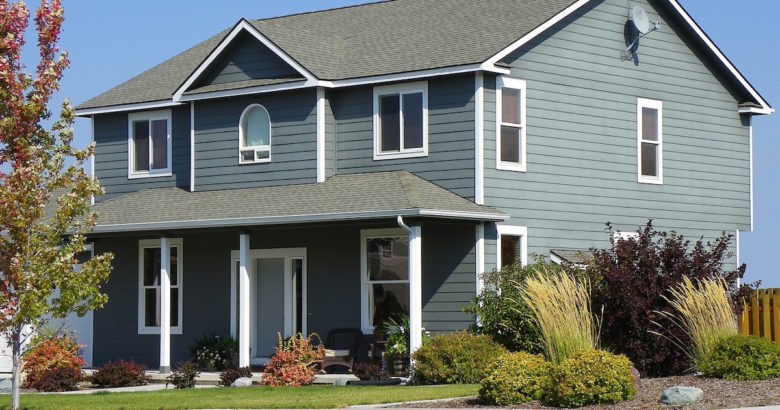Thinking of Buying Rental Property?
Maybe you’ve been watching hours of HGTV marathons or you find yourself looking for a way to secure your future once you retire. Either way, you’re considering buying a second property to use as rental income. Maybe you already have the second property and when it didn’t sell, you became an “accidental landlord.”
No matter how you found yourself thinking about rental properties or even owning one, you need to make sure you protect yourself and your assets.
Do Your Research
For those of you who are going into the rental business out of choice, make sure you do your research before you buy a second property. Treat this home purchase like you would if you were going to live there for the next 30 years.
- Get a home inspection before you buy. Make your offer contingent on a clean inspection. You may be able to use the results to get a better price or walk away from a money pit.
- Check the zoning in the neighborhood. Is there a chance that your quaint little cottage could get swallowed up by gas stations, shopping centers, and parking garages in the next few years?
- Look at the cost versus the potential gain or loss. Work with a professional real estate agent who can share important numbers in your specific real estate market.
- Run the numbers between the cost of the home – mortgage, insurance, taxes, and interest – and what kind of rent you can legitimately charge. You’ll also want to consider the amount of money you’ll need to spend to get the property ready to rent.
Get the Right Insurance
As a homeowner, you already know the importance of insuring your property. If you plan to insure your rental property the same way you did your own home, think again.
- In Massachusetts, a standard homeowner’s insurance policy will not cover long-term property rentals. You’re going to need a landlord or rental dwelling policy. Even short-term rentals often require a special rider.
- The cost of this specific type of policy may be more than a standard homeowner’s insurance policy, but it also provides additional protection.
- A landlord policy covers the physical damage to the structure of your rental property caused by fire, lightning, wind, hail, ice, snow, and any other covered perils.
- This kind of policy also covers personal property you’ve left there either for maintenance, like a lawn mower, or for the tenant’s use, such as appliances.
- You’ll also have liability coverage in case a tenant or their guest is hurt while on the property.
- Some policies even provide loss of rental income if you can’t rent the home while it’s being repaired or replaced from a covered loss.
The personal possessions of your tenants are not covered by a landlord policy. They will need to have renter’s insurance to cover their belongings in case of damage or loss. It’s not uncommon for landlords to make this kind of insurance coverage a requirement under the lease agreement for tenants.
When you’re ready to insure your rental property, contact us. We can help you find the right coverage for all of your properties.


Comments are closed.